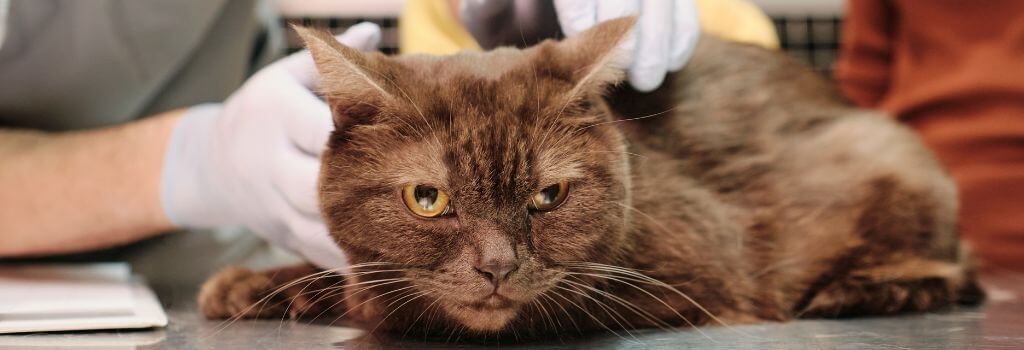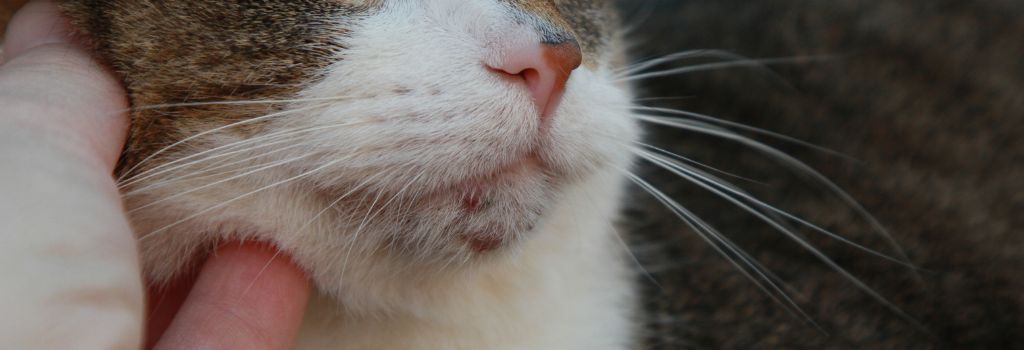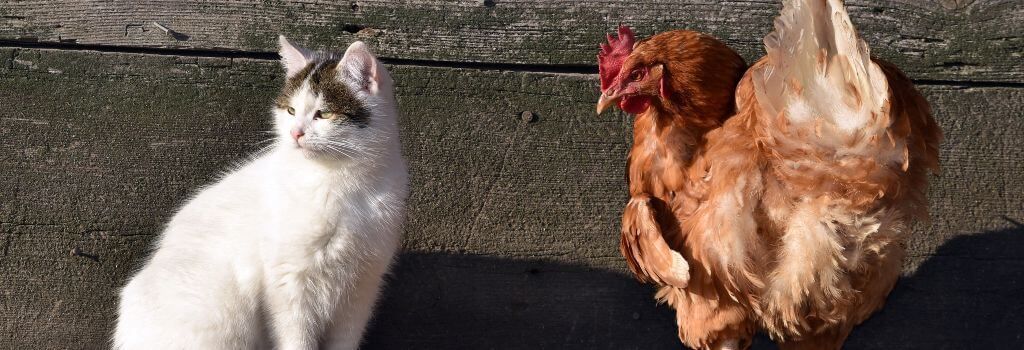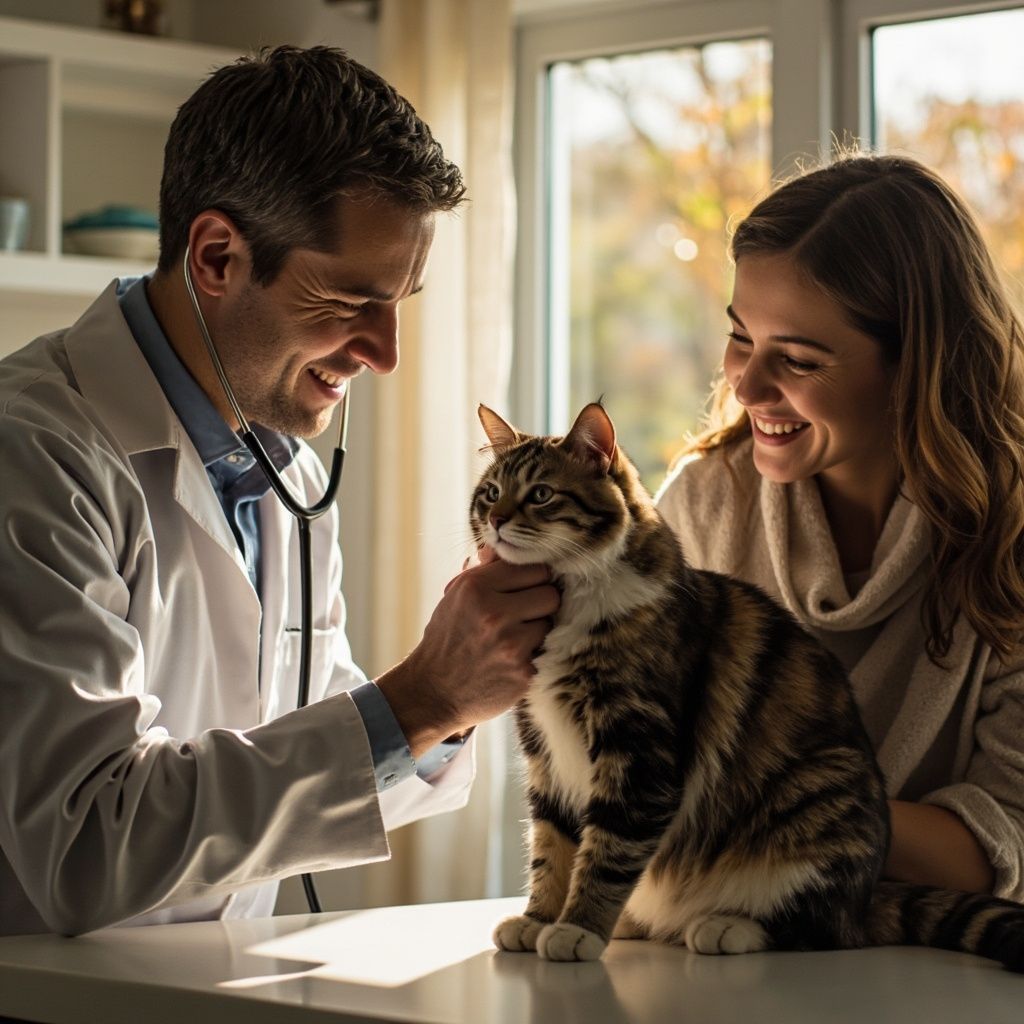The Secret to Ridding Your Dog of Itchy and Irritated Skin
As humans, we know just how frustrating it is to have itchy skin so, when you see your dog struggling with it, your heart naturally goes out to them...for the first few weeks. By week three, you’ve had it and, if you sleep with your pet, you’ve lost more Zzzzzs than you care to think about. Now both you and your pet are at your wit’s end, which is no place to be. The best thing to do is to get to the root cause of the itch, so we’ve taken some time in this blog post to explore the many reasons your dog could be getting itchy skin, toes, or hot spots. We also discuss some solutions so that you can save your pooch's skin and your sanity.

What Are the Most Common Reasons Dogs Get So Itchy?
Ectoparasites Such as Fleas or Ticks
These are are the most common causes of itching in pets. If you see hair loss around the tailhead area and on the top of the hips along with scabs likely caused by scratching and biting, your dog likely has fleas. You can also use a flea comb to spot them and make a more definitive diagnosis.
Atopic Dermatitis (Environmental or Inhalant Allergens)
This is the second most common reason for itch skin in dogs. Some common environmental allergens are:
- Pollen
- Mold
- Grass
- Weeds
- Flea saliva
- Fungi
- Dander
Hormonal Imbalances
This isn’t as widely discussed as dermatitis or fleas but, if your dog’s body is not producing enough thyroid hormone or if it’s putting out too much of the hormone cortisol, bald spots or other superficial skin infections can occur.
Anxiety
Just as with humans who bite their nails or develop other obsessive habits when nervous, dogs can turn to itching when they are experiencing anxiety. If, for instance, you’ve noticed your dog is itching, chewing, or biting at their skin just after you’ve returned to work, they could be experiencing separation anxiety.
Pain
One of the hardest things for veterinarians is diagnosing pain in dogs as, not only are they stoic creatures, but they also can’t communicate with us when they aren't feeling well. However, if you notice your dog biting or chewing at the same paw repeatedly, you want to rule out the fact that there is a thorn or something else causing this reaction. As WebMD for Pets notes, “Compulsive chewing or licking can also be a response to orthopedic problems, including arthritis and hip dysplasia.”
Are Dogs Itchier During Certain Times of the Year?
It really depends on the part of the country you live in. If you have warm weather all year round, allergies and flea issues are a year-round issue. In cooler climates, allergies tend to be more seasonal when plants are in bloom.

How Do I Know the Difference Between Food and Environmental Allergies?
That can be a difficult thing to determine and may require allergy testing or intradermal skin testing by a dermatologist. Food allergies are not that common but have to be considered in an itchy pet.
Should I Bring My Dog to the Vet for Itching?
Absolutely. A diagnosis needs to be made and a treatment plan implemented. If fleas are an issue, environmental and oral or topical control must be instituted. If there is a secondary infection, antibiotics may need to be prescribed. There are good anti-itch medications like Apoquel and Cytopoint that block the itch impulse from the site of the itch to the brain where it is perceived. These are not steroids or antihistamines, so they have minimal side effects and are very effective in controlling the itch until the treatment options to address the cause of the itch are implemented, ie flea control, hypoallergenic diets, etc. Steroids can be used if the itching persists after you’ve tried these other treatments.

What Can I Do to Soothe My Dog’s Itching?
There are oatmeal-based shampoos that can soothe the skin but, again, the underlying cause has to be determined to truly control the problem. And you should be aware that anything you try at home before going to the vet could have an adverse effect on your dog.
Whereas fleas and ticks are best treated with prevention (which can be purchased in a variety of forms), food allergies are treated with limited-ingredient foods to eradicate the offending ingredient. Some commercial pet foods process out the good oils that contribute to healthy skin and coat and these dehydrating effects can also stimulate thirst, compounding the problem. Environmental allergies are tougher to treat but can be easily managed with diligence and expert advice from your veterinarian. If your dog is found to be allergic to something like grass or pollen, simply wiping off their feet and bellies after walks can help. Some vets might have you try a therapeutic dog food to see if that will make the difference. In the cases of pain and anxiety, your veterinarian can help devise a treatment plan to determine the cause of pain. When it comes to anxiety, your veterinarian can give you practical things to try at home. In cases of severe anxiety, medication can be administered.
Is There a Way to Prevent Dog Itching?
Flea and tick prevention, both in the environment and on the pet, is essential to reduce the allergic stimulation to the pet. It is much more effective and much less expensive to prevent a problem than to treat it once it has advanced to the point where the pet has a skin infection and is losing hair from self-trauma because of the itch.
If your dog has been itching more than usual lately, please give us a call so we can get to the root of the matter and end their suffering (and yours, too!).
Recent Posts










